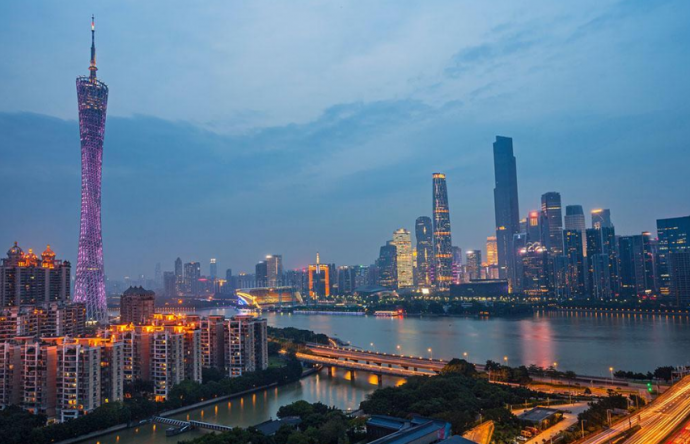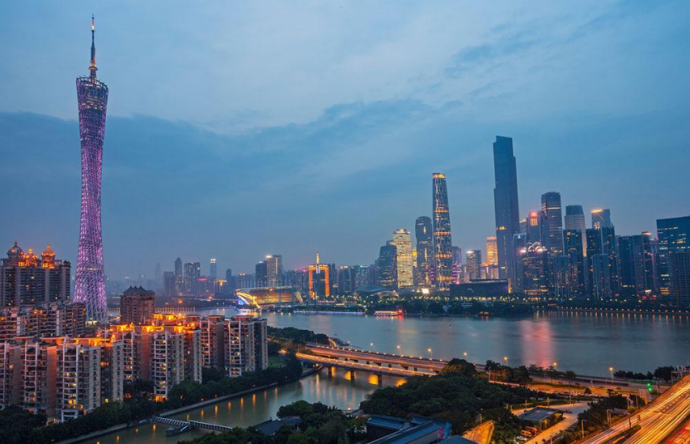
BEIJING, Aug. 9 (Xinhua) -- Since the beginning of this year, China has introduced a series of policies to attract foreign investment, which have been intensively implemented.
--- Policies to attract foreign investment come in succession
In June this year, the State Council, China's cabinet, introduced 23 specific measures in six aspects such as substantially relaxing market access to promote effective use of foreign capitals for high-quality economic development.
At the end of July, China unveiled a shortened negative list for foreign investment, which widens market access for foreign investment in primary, secondary as well as tertiary sectors, detailing 22 opening-up measures in fields including finance, transportation, professional services, infrastructure, energy, resources, and agriculture.
Later, the country also released a new negative list for foreign investment in the country's pilot free trade zones (FTZs). The list applies to all FTZs in the country.
On July 30, China's Ministry of Commerce (MOC) released a draft to solicit opinions on foreign investors' strategic investment in the Chinese listed companies, aiming to relax the regulations on foreign strategic investment in the domestic listed companies. The time limit for the transfer of shares was shortened to one year from the previous three years.
Apart from the policies at the national level, local authorities in China have also quickened the pace to unveil measures to attract foreign investment.
For example, in July, Shanghai introduced a total of 100 new measures covering five areas including the banking and securities sectors to further expand the city's opening-up.
Recently, Beijing has also issued a comprehensive plan including 117 specific measures to deepen reform and expand its opening-up. It will encourage the foreign investment in high-tech industries, accelerate opening-up of its financial industry, and deepen the reform of customs clearance integration.
In addition, Guangdong, Guangxi, Qingdao, Shenzhen, Chengdu and many other provinces and cities have also made the work of expanding opening-up and attracting foreign investment a top priority in the second half of the year.
--- Determination in opening-up
Experts pointed out that the intensive introduction of policies to attract foreign investment reflects China's determination and intensity to independently promote its opening-up.
Foreign capital has become an inseparable part of the Chinese economy as it has played an important role in increasing employment, promoting technological progress, and promoting economic restructuring, said Sang Baichuan, a professor at the University of International Business and Economics.
In the long run, foreign capital is expected to make great contribution to China's stable economic growth and transformation and upgrading. Building a fair, friendly and stable business environment is crucial to attracting foreign investment, especially high-quality foreign investment, according to Liang Guoyong, an economic officer at the United Nations Conference on Trade and Development (UNCTAD).
With the release of China's foreign investment policies and the increasingly optimized foreign investment environment, many foreign-funded enterprises have expressed optimism about their investment prospects in China.
Recently, Tesla has announced a plan to build a factory in Shanghai that eventually will be capable of cranking out 500,000 vehicles a year.
The BMW Group and Brilliance Auto have recently reached a long-term framework agreement, under which their joint venture in Shenyang, BMW Brilliance, will continue to expand investment and production.
China has a stable investment environment and strong industrial supporting capabilities. It will continue to improve the business environment, protect the legitimate rights and interests of foreign-funded enterprises in China, and make it the first choice for foreign investment, according to Gao Feng, MOC spokesman. (Edited by Hu Pingchao, hupingchao@xinhua.org)




 A single purchase
A single purchase









